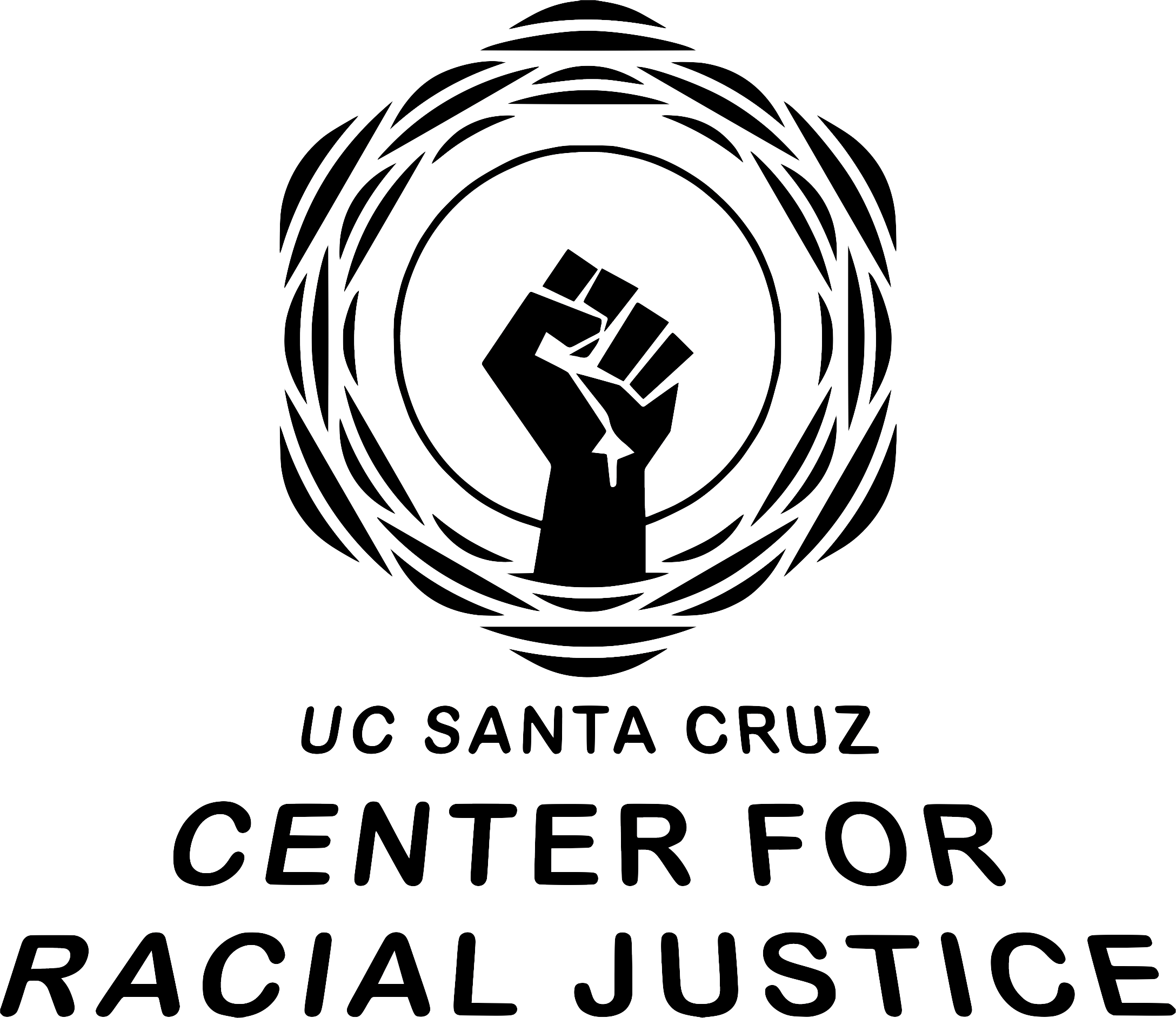REGISTER HERE: APRIL 1 REGISTRATION LINK APRIL 8 REGISTRATION LINK
Hosted by the School of Literature, Media, and Communication at Georgia Tech. Organized by Nassim Parvin, Associate Professor, School of Literature, Media, and Communication, Georgia Institute of Technology; and Neda Atanasoski, Professor and Chair of Feminist Studies, Co-Director of the CRJ.
Bracketing the commonly used categories of surveillance and privacy within discussions of technological creep into all domains of life, we instead ask participants to consider the multiple, contested, and potentially hopeful axes of seeing and being seen within, through, and against software, algorithms, automated systems, and platforms. We ask not only how these axes of seeing work within and against racial-colonial and gendered scopic regimes which have to do with policing and managing labor and populations, but also they draw the boundary between “the private” and “the public.” While accounting for various technological objects and platforms as a part of digital surveillance capitalism, we also ask, what is not captured about care and vision within the liberalism’s binary rubrics of surveillance and privacy that reproduce the primacy of the free self-possessed individual as the political ideal? How are the boundaries of the inside and outside, family and stranger, and subjects/objects worthy of being seen, watched, or monitored drawn through the design and intended uses of particular caring technologies? What is it that remains unseen--as in unrecognized, unnoticed, or otherwise unworthy of our attention?
April 1
Claudio Celis Bueno, Research Fellow, Sant’Anna School of Advanced Studies
Katie Keliiaa, Assistant Professor, UC Santa Cruz
Tamara Kneese, Assistant Professor, University of San Francisco
Renee Shelby, Postdoctoral Fellow, Northwestern University
April 8
Iván Chaar López, Assistant Professor, University of Texas at Austin
Erin McElroy, Postdoctoral Researcher, AI Now Institute
Luke Stark, Assistant Professor, University of Western Ontario
Mitali Thakor, Assistant Professor, Wesleyan University
Co-sponsored by the Center for Racial Justice
